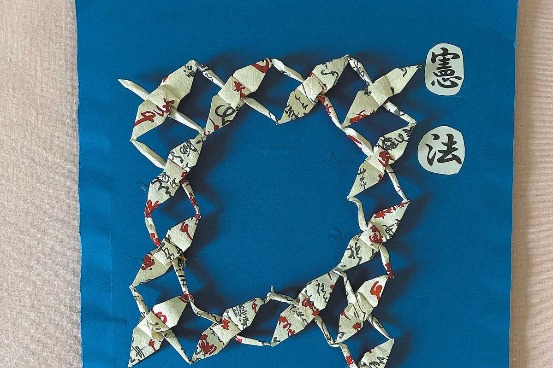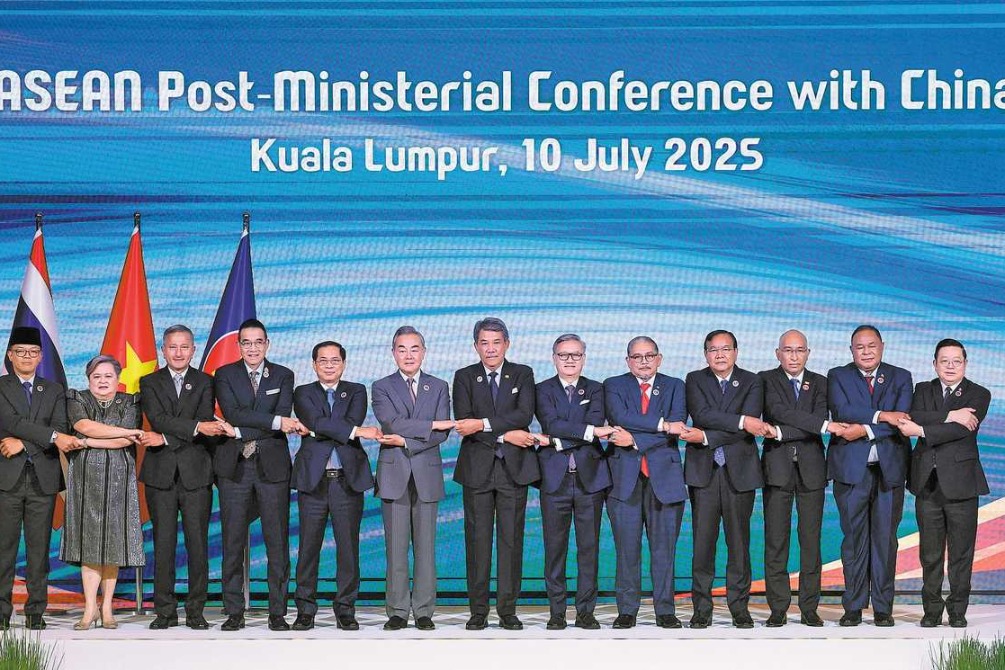Suga elected head of Japan's ruling party to succeed Abe


Japan's ruling party elected Yoshihide Suga, the current chief cabinet secretary, as its new leader and its choice for the next prime minister on Monday. Observers said the move means Tokyo would continue its loose monetary and aggressive fiscal stimulus policies.
In a vote in Tokyo by the Liberal Democratic Party's parliament members and representatives of its 47 local chapters, Suga won 377 of the 534 votes cast, securing a landslide victory over his two rivals-Shigeru Ishiba, a former defense minister, and Fumio Kishida, a former foreign minister. Kishida took 89 and Ishiba won 68.
Since the LDP handily controls Japan's parliament, or Diet, Suga's victory virtually guarantees that the 71-year-old close ally of outgoing Prime Minister Shinzo Abe will be elected the next prime minister of Japan at a special session of the nation's legislature set for Wednesday.
"I will devote all of myself to work for Japan and its citizens," Suga said after winning the election, adding that he would continue "Abenomics" while wrestling with the problems of COVID-19 and a slumping economy and confronting Japan's long-term issues such as an aging and declining population.
Abe chose to step down last month citing health reasons.
"We cannot afford to have any political void while our country faces the challenge of the spread of the coronavirus. We have to continue to press forward with the efforts Prime Minister Abe has been making to overcome this crisis so all citizens can live their lives with peace of mind. That is my mission," Suga said.
On Monday, China congratulated Suga on his win.
"China stands ready to work with Japan's newly elected party and government leader to continue to stay committed to the principles set out in the four political documents between the two countries, deepen cooperation on fighting the COVID-19 pandemic as well as promoting economic and social development, and to push forward the continuous improvement of bilateral ties," said Wang Wenbin, a spokesman for China's Foreign Ministry.
Suga, the eldest son of a strawberry farmer from Japan's northern prefecture of Akita, is one of the few leading Japanese lawmakers not from an elite political family. He has been Abe's chief cabinet secretary for almost eight years.
"Suga became the odds-on favorite to succeed Abe due to expectations that he could offer continuity," said Masanari Koike, a former member of Japan's House of Representatives from Shizuoka prefecture.
According to Koike, Suga had vowed to pick up from where Abe had left off, meaning to continue Abenomics, a policy package of monetary easing, fiscal stimulus and structural reform.
"This gesture had secured him with a tradition-bound political establishment that largely doesn't want to change," said Koike, adding that Monday's strong backing for Suga within the LDP may increase his chance of calling a snap general election as early as October to seek a mandate and let him form a durable administration.
Erbiao Dai, vice-president of the Asian Growth Research Institute in Fukuoka, said despite widely expected continuity, Suga could also seek a different policy path.
"He has to face immediate challenges like the pandemic," Dai said, "and his performance will decide whether he ends up an interim leader or stays after a general election.
"Thus, unlike Abe's long-term vision, Suga has to hit the ground running."
- Vow of continuity carries the day for Suga: China Daily editorial
- China congratulates Japan's newly elected head of ruling LDP
- Suga elected president of Japan's ruling LDP to succeed Abe
- China, ASEAN, other regional countries to step up cooperation in post-pandemic recovery
- Yukio Edano named as leader of Japan's new main opposition party































